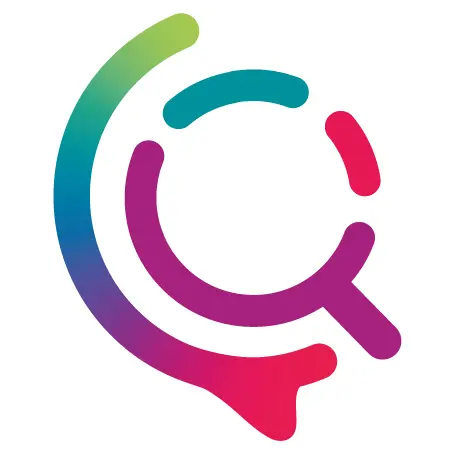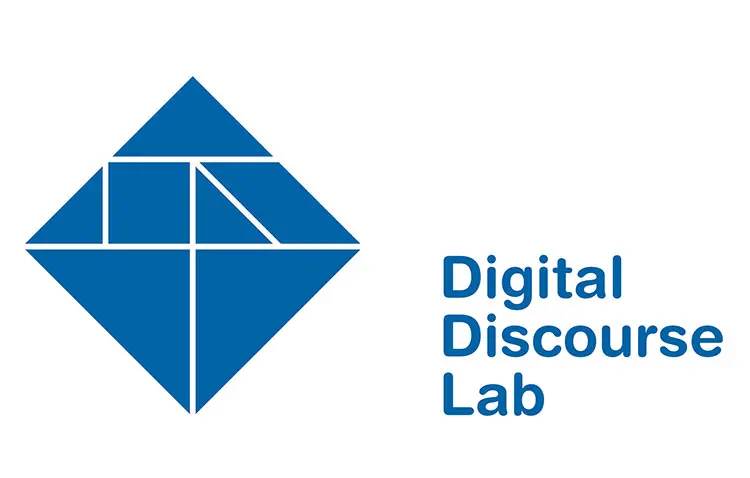Digital Linguistics: Discourse Analysis and Methods of Language Data Analysis

We examine public language use in terms of its social conditions and effects. Our focus lies in analysing large data sets to identify linguistic patterns in public communication. This enables us to continuously develop solutions for tackling communication problems faced by organisations and experienced as part of societal transformational processes. With Swiss-AL, we operate the leading platform for language data in the applied sciences.
Our research combines discourse analysis approaches with digital methods of language data processing – ranging from machine learning and artificial intelligence to qualitative evaluation methods. For example, we investigate how societally relevant topics in Switzerland are discussed and which statements and actors shape public discourse. These findings illustrate how language influences both how we think and act. In professional practice, these insights help to align strategic decisions with current discourse in a targeted manner.
We offer:
- Application-oriented analysis of socially relevant discourses based on large data sets of texts (Swiss-AL)
- Application and further development of digital methods for pattern recognition in public communication
- A targeted approach to data-driven discourse analysis for partners from the realms of research, politics, business and society
In focus
Swiss-AL corpus

Discourses that shape society arise from patterns of public language use. The Swiss-AL (Swiss Applied Linguistics) language data platform provides the basis for their analysis. It is a multilingual Swiss data collection comprising texts from more than 350 relevant stakeholders from the realm of public communication, including the media as well as the websites of political parties, companies and universities. Flexible data processing allows for data-based and data-driven analyses of social and political discourses. Swiss-AL is available to the research community as an open research data resource in the form of the Swiss-AL workbench.
Monitoring Vaccination Discourse

The WHO has categorised vaccination hesitancy as one of the ten biggest threats to global health. Individual decisions on whether to get vaccinated are influenced by the public discourse on vaccinations. The project therefore observes how the media report on vaccinations, how politicians discuss them, which stakeholders in the area of public health communicate about the issue and how lay people express their views about the subject in public. The project combines innovative basic research using a metadiscourse analysis with applied research to develop a web application. The project is being funded by the Health Research and Wellbeing at UAS and UTE call of the Swiss National Science Foundation.
Digital Discourse Lab

The Digital Discourse Lab is part of the ZHAW School of Applied Linguistics. The Lab comprises experts from the areas of digital linguistics, discourse linguistics and organisational communication. It supports its partners and clients in acquiring skills that enable them to deal with public discourses and also helps them in developing communicative solutions. The Lab tackles problems with social relevance, working both with and for practitioners who are faced with these issues on the ground. To this end, the Lab models, analyses and simulates public discourses on the basis of digital language data.
Open research data for comparative discourse analysis

Europe needs a common public sphere as is evidenced by the fact that discourses are conceptualised in a manner that transcend national borders. For example, what do people in Switzerland think about the war against Ukraine? And how is the war spoken about and perceived in countries such as Sweden, Serbia or Poland? Such multilingual and comparative perspectives necessitate special discourse analyses and corpora. Our project equips discourse researchers to work with open research data and analysis tools – funded by the OSCARS project of the European Commission as part of Horizon Europe.
Projects
Research-based teaching
We offer various courses in all degree programmes at the School of Applied Linguistics. Theoretical foundations, methodological developments and case studies from the applied research of our projects are taught in the modules of our Bachelor's degree programmes and Master’s degree programme.
We supervise Bachelor’s, Master’s and doctoral theses, particularly those focussing on discourse analysis and corpus linguistics. We also regularly offer internships for students from various disciplines. In the area of continuing education, we teach in the CAS in Political Communication (in German).






